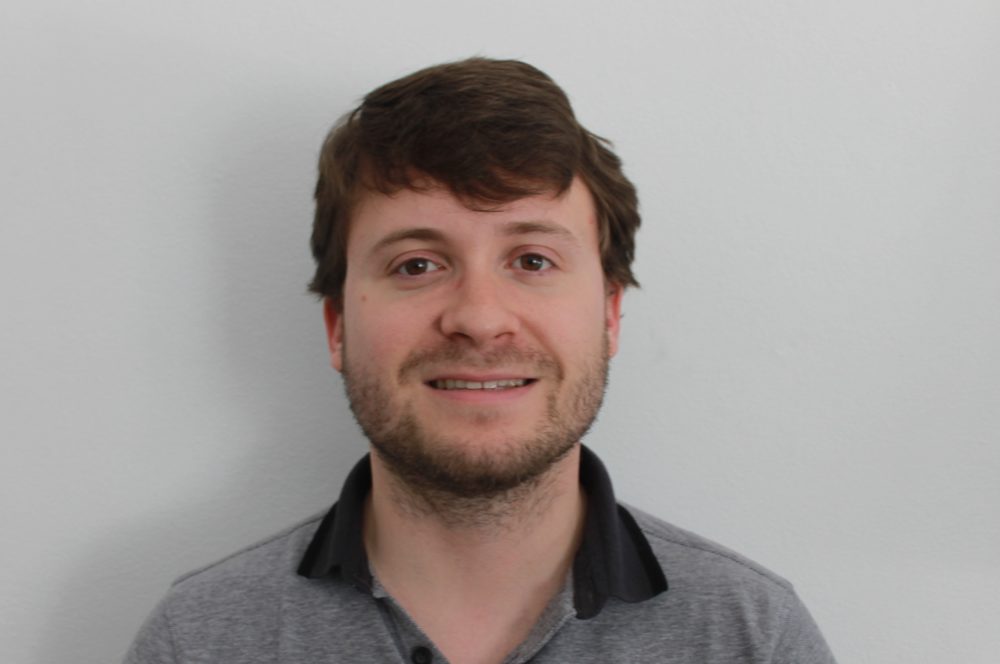
- +351 213 652 600
- +351 213 632 105
- Download CV
- Orcid
- NOVA Research
Gonçalo Seixas
Grupo GHTM: VBD PhD members, Vector-borne diseases and pathogens
Gonçalo Seixas is an accomplished biomedical scientist with a strong focus on studying major disease vectors and their impact on public health and quality of life. After earning a bachelor’s degree in biomedical sciences, a master’s in medical parasitology, and a PhD in Biomedical Sciences from IHMT/NOVA, GS has dedicated his scientific career to understanding and mitigating vector-borne diseases, particularly those involving mosquitoes.
GS employs advanced methodologies like genomics and transcriptomics to unravel vector-pathogen interactions, devising innovative disease control strategies. His groundbreaking research on invasive mosquitoes in Portugal resulted in impactful publications (DOI: 10.1371/journal.pntd.0005799 and 10.1038/s41598-018-38373-x) that shaped national vector control measures.
Joining IHMT/NOVA’s VIASEF Infrastructure, GS’s expertise in handling level 3 pathogens has been crucial. His role at VIASEF and contributions to FCT and EU projects showcases his commitment to the field. GS supervises a significant PhD project on Aedes albopictus‘s microbiome’s interaction with artificial diets, with reference (Filipe Monteiro, 2022.15428.BD). Another notable supervision involves probing the malaria vector landscape in Angola, supported by the MENTOR Initiative (https://mentor-initiative.org/) and CDC, USA. Furthermore, GS co-supervises research on Wolbachia‘s role in disease vector control in Aedes albopictus (Tiago Melo, 2023.05286.BD).
Boasting 17 publications with five as the leading author, GS has achieved 630 citations and an H-index of 12. Over the past five years, he’s shared his insights in 38 conferences, reinforcing his esteemed position in the scientific community.
- Couto J et al. 2021. Probing the Rhipicephalus bursa sialomes in potential anti-tick vaccine candidates: a reverse vaccinology approach. Biomedicines, 9(4), 363 (IF: 4.7).
- Nazareth T et al. 2020. What happens when we modify mosquitoes for disease prevention? A systematic review. Emerg Microbes & Infections, 9:1, 348-365. (IF: 6.18).
- Seixas G et al. 2017. Insecticide resistance is mediated by multiple mechanisms in recently introduced Aedes aegypti from Madeira Island (Portugal). PLoS Negl Trop Dis: 11(7), (IF=4.4)
- Gloria-Soria et al. 2016. Global Genetic Diversity of Aedes aegypti. Molecular Ecology. (IF= 6.1)
- Jupille H et al. 2016. Zika virus, a new threat for Europe? Plos Negl Trop Dis, 10(8). (IF=4.4)